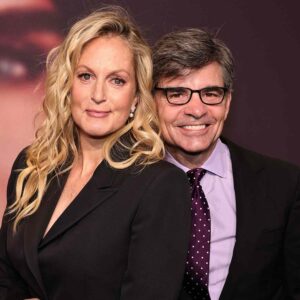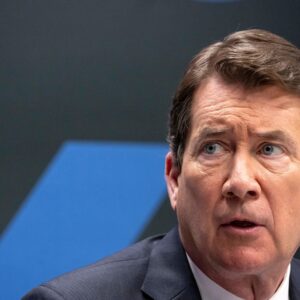A Former Stylist Accused Lara Spencer of Being “Control-Obsessed,” Demanding Her Team Edit Photos Ten Times Before Going On Air
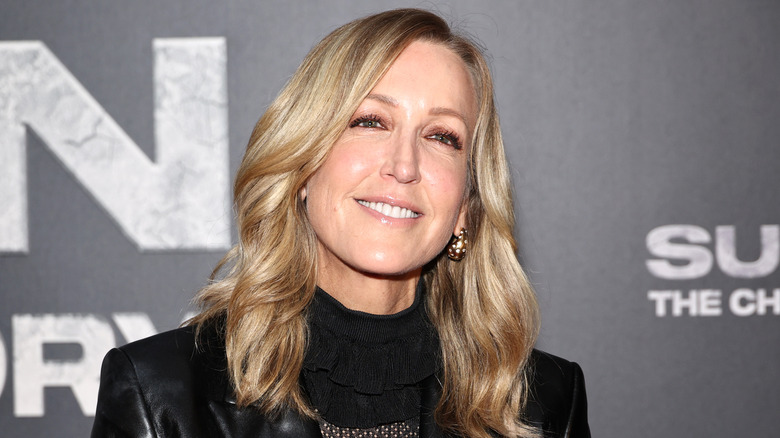
Lara Spencer, the charismatic co-anchor of ABC’s “Good Morning America,” has recently found herself in the spotlight for reasons beyond her usual television presence. A former stylist has publicly accused her of being “control-obsessed,” alleging that Spencer goes to extraordinary lengths to curate her image. According to the stylist, she insists on having her photos meticulously edited—sometimes making demands for up to ten rounds of revisions before they are deemed good enough for air. This meticulous nature has sparked conversation about the pressures of public personas in the media today.

The accusations paint a portrait of a television personality who closely monitor how she is perceived by the audience. In the world of television and social media, where image plays a crucial role, Lara Spencer’s intense focus on her appearance may not be entirely surprising. However, this level of scrutiny has raised questions about authenticity and the lengths individuals may go to in order to present themselves in a specific light.
The Struggles of Image-Centric Industries

In today’s media landscape, the pressure to maintain a perfect image can be overwhelming, particularly for television personalities like Lara Spencer. The former stylist’s comments speak to a broader trend in the industry where many public figures feel compelled to appear flawless at all times. Social media platforms amplify these pressures, as influencers and celebrities alike often curate an idealized version of their lives for followers. In Spencer’s case, her desire for extensive photo edits underscores a significant aspect of modern celebrity culture—control over one’s image.
This struggle for control manifests not only in visual media but also in branding. Many celebrities are now more aware than ever of how their public persona can impact their careers, endorsements, and relationships with fans. The quest for perfection can sometimes lead to obsessive behaviors, as individuals try to combat negative publicity or counter a less-than-ideal representation of themselves. In this regard, Spencer’s alleged demands may just be a reflection of the larger challenges faced by public figures today.
Perceptions and Public Reactions
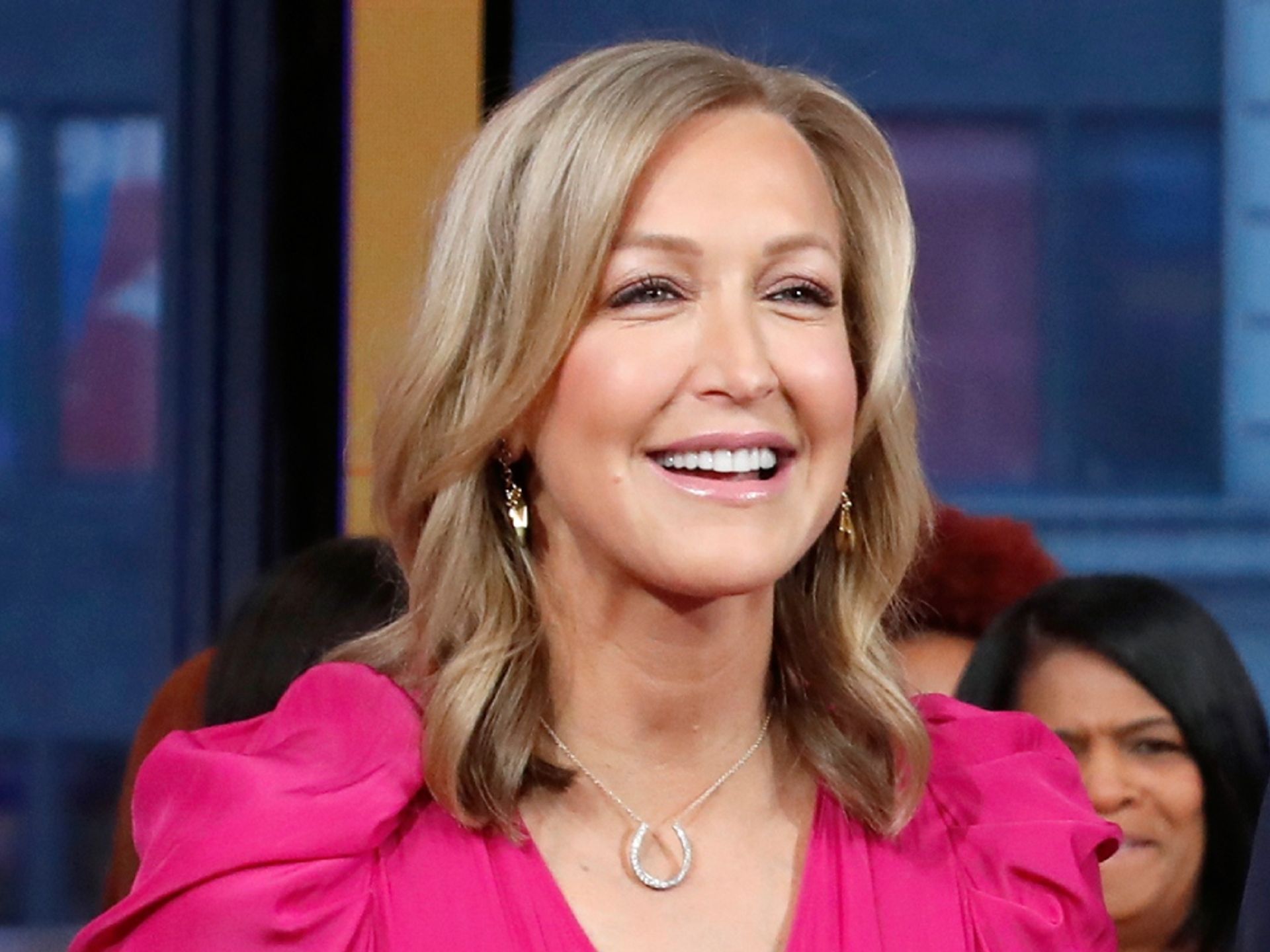
The revelations regarding Spencer’s behavior have elicited mixed reactions from the public and professionals in the industry. Some view her actions as typical of a driven individual striving for the best representation of herself, while others criticize this as a troubling sign of an unhealthy obsession with one’s image. Many fans might find it hard to reconcile their admiration for a television personality with the idea that she spends countless hours stressing over every detail of her appearance.
- Understanding the Pressure: It’s vital to appreciate the immense pressure that comes with being in the public eye. Television personalities are constantly assessed by viewers who may judge them based on appearance, talent, and even personal life. This pressure can lead to a fixation on maintaining an impeccable public image.
- Impact on Mental Health: The need for perfection can result in significant mental strain. Numerous studies have shown that the pursuit of an unattainable ideal can contribute to anxiety and depression, especially within industries that prioritize aesthetics over authenticity.
- Balancing Authenticity With Professionalism: Public figures like Lara Spencer must navigate the tricky waters of maintaining professionalism while still connecting with viewers on a personal level. This balance is essential for sustaining a loyal fanbase and ensuring audience engagement.
Shifting Perspectives on Celebrity Culture

The conversation surrounding Lara Spencer’s alleged control-freak tendencies is indicative of a shifting perspective on the broader celebrity culture. Many fans are beginning to favor authenticity over perfection, gravitating towards individuals who present a more relatable and down-to-earth image. This trend raises questions about how public figures can adapt to the changing expectations of their audiences.
As the media consumption landscape continues to evolve, celebrities may need to reconsider their approach to personal branding. The rise of platforms favoring organic and genuine content has put pressure on figures like Spencer to strike a balance between their polished public persona and their true selves. By doing so, they can cultivate deeper connections with their audience, ultimately bolstering their career longevity.
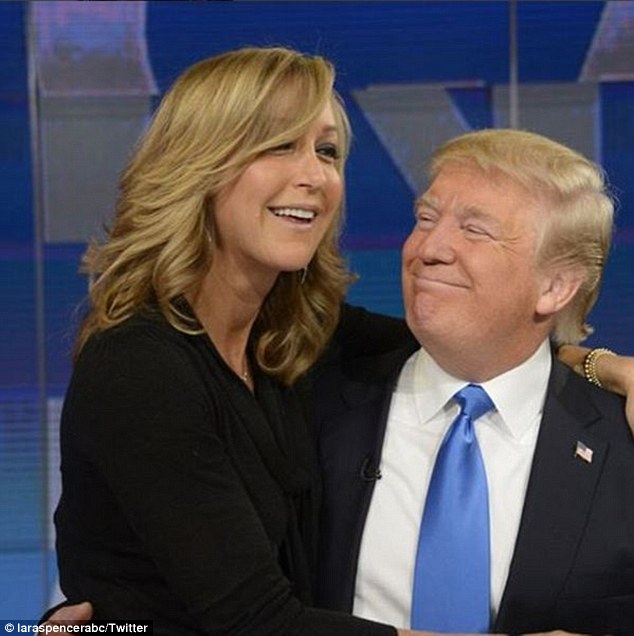
In the end, Lara Spencer’s situation acts as a reminder that behind the glamour of television, there can be a complex interplay of personal pressure, public expectation, and the pursuit of perfection. Whether her meticulous style is simply a professional standard or an indicator of a more profound issue, it serves to illuminate the challenges that come with fame.
Conclusion
While the debate over Lara Spencer’s alleged obsession with her appearance rages on, there is much to learn about how the pressures of fame impact personal and professional lives. The pursuit of perfection may be an ingrained trait in many public figures, but it’s critical for these individuals to navigate their challenges with care. To stay updated on the latest in celebrity culture and opinion pieces, be sure to subscribe to our newsletter and join the conversation.


